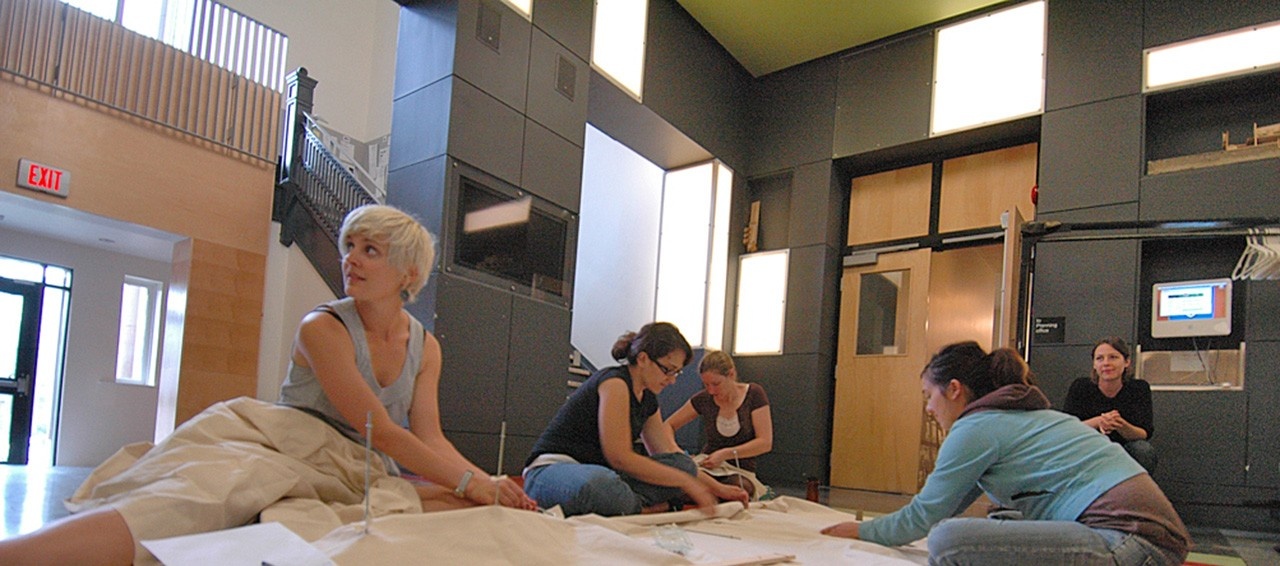Community of Scholars
We are an institution of higher learning and research and you've been invited to join us as colleagues. We're not a boot camp and you're not inductees. We're not a corner store and you're not our customers. We're not The Improv and you're not here to be entertained. We're not cops and you're not fledgling criminals. It may sound strange to you, but faculty and students here are all colleagues. We are all both teachers and learners. In our discipline, this makes us equals. This shouldn't be unfamiliar to you, but if it is, get used to it. This is who we are and how we work here. If it's going to work for you, it will call on your reserves of patience, imagination, and good will, as well as your tolerance of new and different people, ideas, opinions, and ways of doing things. It will call on you to be an active learner. It will call for your respect: for yourself, your work, your colleagues, their work, for the staff and faculty, and for your discipline. Here, we borrow freely from the work of our colleagues and forebearers. Out of respect for their work, we always acknowledge their efforts graciously and wholesomely.
Academic Integrity and Intellectual Honesty
Academic integrity is the higher standard to which we in the community of scholars must hold ourselves. It applies equally to faculty and students. Academic integrity is an affirmative condition. It is not the absence of lying, cheating, stealing, fraud, and offences against persons and property, to name just a few of the transgressions that the university calendar lists under the headings "Intellectual Honesty" and "Code of Conduct." Academic integrity requires intellectual honesty, rigour, fairness, truthfulness, and respect for oneself, one's colleagues, and one's discipline. It's about having the courage to make difficult decisions and the ability to defend them tactfully. It's about grace under pressure, being measured and doing one's best, and about seeing things through in a timely fashion. Academic integrity also requires each of us to walk the knife edge between total commitment and skepticism. As professional academics and practitioners, and as students of our discipline, each of us is called upon to practice with integrity. It defines who we are and what we do. In fact, without intellectual honesty and academic integrity, our work as teachers, students, researchers, and practitioners would not be possible. If all scientists cooked their results, scientific inquiry would soon collapse and developments in human health would grind to a standstill. The work of every student of a discipline owes much to those who came before. There's no shame in this. It's the only way we could have progressed. We cite the work of others, both out of respect for their work and as an aid to those who will follow us, so that they may retrace our paths. Their ability to reconstruct our steps and missed steps may lead them to a fresh insight that eluded us.
It has to be this way. It simply won't work if we can't trust one another. In this regard, it makes far more sense to celebrate intellectual honesty than to waste one's time rooting out instances of disrespectful behaviour. By practising with academic integrity and celebrating our continuing presence in its midst, the alternatives need never arise - neither in fact nor in conversation.
J. Grant Wanzel
Professor Emeritus, School of Architecture
